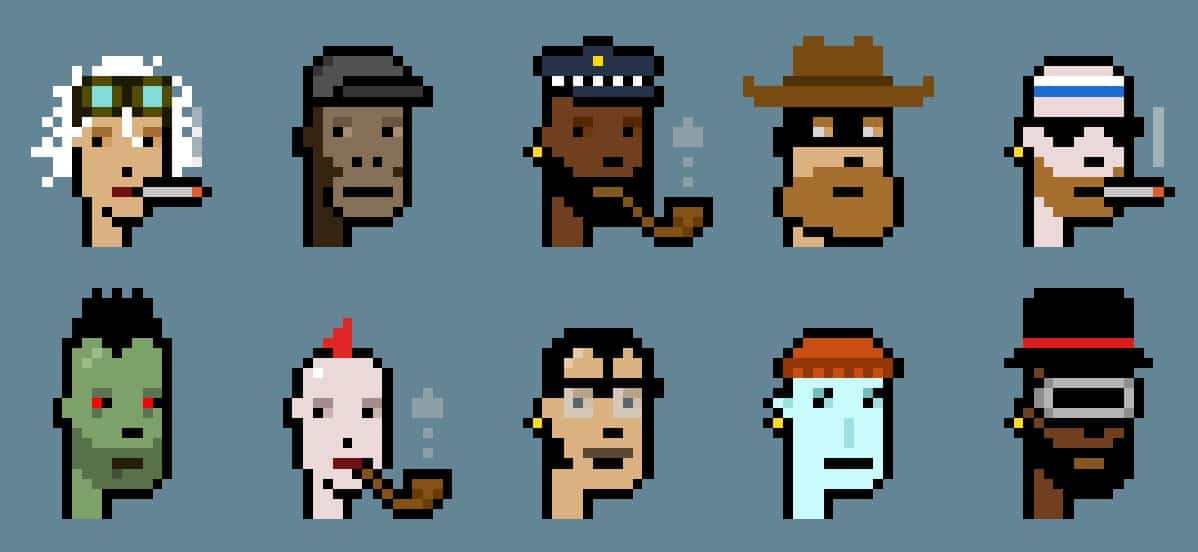

Is NFT Necessarily Music’s Friend?
Even if you write out the meaning of the acronym, NFTs, or Non-fungible Tokens, still do not give away much information about what they actually are.
In brief, then, NFTs are a unique item that can be stored securely in a digital record file, otherwise known as a blockchain. They’re mostly collectibles, like singles or pieces of artwork. It’s a bit like coin collecting, as NFTs do not necessarily have value – but they might do one day.
Dance music artists like Steve Aoki, 3LAU, and Grimes have dipped their collective toes into the world of NFTs, but the rate the phenomenon is growing has already begun to cool. Still, it retains the ability to completely change how musicians distribute their music.
Payment Methods
NFTs are just the latest experiment in the world of digital payments. The space has recently become flooded with alternative options to provide people with more ways to earn and own their money, even if it has no physical token whatsoever.
PayPal began the frenzy back in 1998 by removing coins and plastic from purchasing but cryptocurrencies like Dogecoin and Bitcoin have recently made inroads towards global acceptance too.
Today, businesses that operate exclusively online often frame a large array of payment options as a reason to purchase from them.
For instance, casino operators usually accept everything from bank transfers to debit cards, and advertise small introductory deposits as an incentive. Welcome gifts and bonuses for a minimum deposit casino experience are popular online, and continue to be a popular and effective way the industry attracts new customers, and retains existing ones.
While NFTs aren’t a true currency they nevertheless represent the same restlessness with a physical means of doing things, like selling music over a counter.
Lost Masters
But there’s always a catch. NFTs involves digital ownership but what exactly that entails is still up for debate. For example, if an artist sells an NFT album, do the rights to reproduce or perform the record go with it? If the NFT is sold on, who gets a share of the cash?
In other words, while NFTs offer an alternative means of ownership, they are mired in exactly the same problems that have plagued the music industry for decades. There’s also no easy solution either as NFTs are a brand new industry.
Worryingly, as NFTs cannot be duplicated or backed up, they risk being lost. An equivalent scenario might be the loss of a master tape, which has happened to several major artists throughout their careers.
In both scenarios, the owner has no way of reclaiming what is lost. It also raises a question surrounding NFT insurance. Given that lots of NFT sales have gone for tens of millions, the industry seems ripe for insuring – but there’s nothing out there just yet.
Overall, NFT merchants need to take a step back and ensure that ownership is enshrined in contracts. However, at such an early point in its history, it remains to be seen whether the digital property has the future we’ve been promised.
Image Credit: CryptoPunks NFTs (Larva Labs)


- Arodes cover Interview
- Armin van Buuren: Breathing In [Exclusive Interview]
- Ibiza 2024: What To Expect
- Burak Yeter: A Day In Space [Exclusive]

